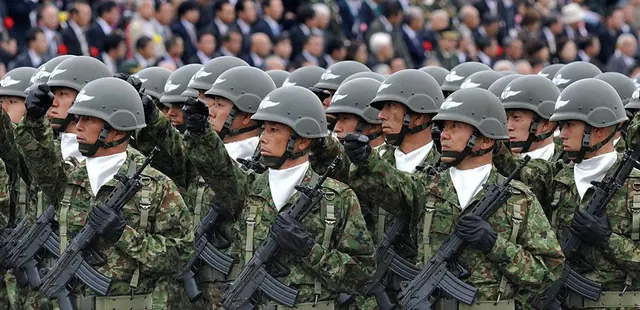SEOUL, Aug. 2 (Xinhua) -- South Korea called the second round of talks with China and Japan for a trilateral free trade agreement (FTA) as "constructive" after ending the negotiation in Shanghai on Friday.
"Constructive discussions were made to set up an institutional framework for trilateral economic cooperation via the Korea-China- Japan FTA," the Ministry of Trade, Industry and Energy (MOTIE) said in a press release.
China, South Korea and Japan held the second round of FTA talks for four days through Friday in Shanghai. The first round was held in March in Seoul, and the third round will be held in Japan later this year.
The ministry said that the three sides discussed key issues such as ways to lower tariffs and the scope of future negotiations based on terms of reference adopted at the first round of talks.
The second round of negotiation also included working-group meetings on goods, service and competition along with export dialogue on intellectual property rights and e-commerce.
The third round of talks will discuss whether to include environment, government procurement and food sectors at the three- way FTA negotiation, the ministry said.
The three countries have seen increasingly close trade relations. In 2012, bilateral trade between China and Japan hit 329.4 billion U.S. dollars, while the trade between China and South Korea reached 256.3 billion dollars.
Gross domestic product (GDP) of the three nations totaled 15 trillion dollars last year, accounting for around 20 percent of the world's total and 70 percent of Asia's total.
Raymond So, professor at Hong Kong Heng Seng School of Commerce, told the APD that closer cooperation between the three gigantic economies in Asia is unstoppable. Nonetheless, it is not without uncertainty, especially from the political front.
"Exchange of strategic resources between them doesn't seem possible to me," So said, "will China export rare earth to Japan? Or is Japan willing to expose its cutting-edge technologies to its neighbors, especially China, which is undergoing manufacturing transformation?"
So added that differences in state of development will also be the potential barrier of the trio, e.g intellectual property rights protection.
"China is suffering from the patent fees required by the intellectual property laws in developed countries. This is highly detrimental to China's export industry," he said.
Charles Li, associate professor of Economics and Finance at the City University of Hong Kong, roundly disapproved the formation of the FTA.
"If it is really about 'free trade', I think it's better for them to kick off trade negotiation whenever they find it necessary, instead framing a binding agreement," Li said.
 简体中文
简体中文

